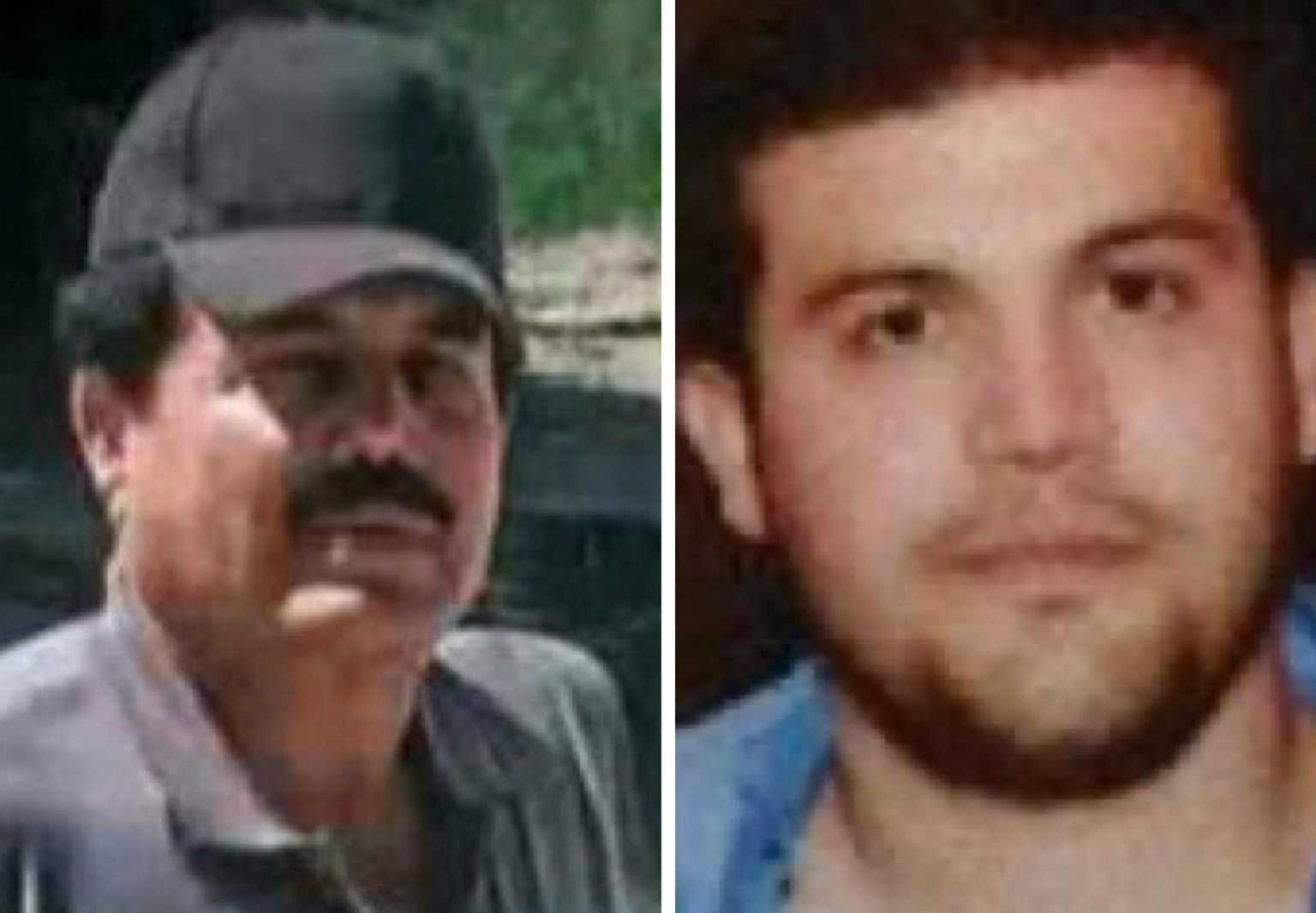In June, the United States Justice Department announced the arrest of two high-ranking leaders of Mexico’s Sinaloa cartel – Ismael “El Mayo” Zambada Garcia and Joaquin Guzman Lopez, the son of notorious drug lord Joaquin “El Chapo” Guzman. Both men are facing multiple charges in the US for leading the Cartel’s criminal operation. Zambada, 76, and Guzman, 38, are the latest Sinaloa cartel leaders to be arrested by US authorities, following the extradition of El Chapo and another of his sons, Ovidio Guzman Lopez, on charges of drug trafficking.
The circumstances surrounding the arrests in El Paso, Texas are shrouded in mystery, with conflicting accounts from Zambada and Guzman about what happened. Zambada claimed he was kidnapped by Guzman from Mexico and taken to the US against his will, while Guzman’s lawyer maintains it was a voluntary surrender after discussions with US law enforcement officials. The details of the arrests remain unclear, raising questions about the impact on bilateral ties between the US and Mexico.
Zambada and Guzman Lopez have been involved in drug trafficking operations, with Guzman leading a faction within the cartel known as “Los Chapitos.” The group has been linked to the distribution of fentanyl and other illicit substances in the US. Following their recent arrests, both cartel members have pleaded not guilty to multiple drug trafficking charges in the US. The US Attorney General Garland emphasized the importance of holding cartel leaders accountable for their role in poisoning communities.
US Ambassador to Mexico Ken Salazar confirmed that Zambada was brought to the US against his will, while Mexico has requested more information from US officials regarding the circumstances of the arrests. The lack of transparency from the US government has frustrated outgoing Mexican President Andres Manuel Lopez Obrador, who called for more cooperation and clarification. The operation leading to the arrests is described as a result of betrayal within the cartel.
The unexpected nature of the arrests has raised concerns about US involvement in cartel affairs and strained relations between the US and Mexico. Mexican authorities have expressed uncertainty about whether Zambada’s transfer was voluntary or a kidnapping, further complicating the situation. Mexico has historically cooperated with the US in combating drug trafficking and other security issues, but tensions have arisen since Lopez Obrador took office in 2018.
The arrests have sparked fears of increased violence within drug trafficking groups, particularly the Sinaloa cartel, as a power struggle may erupt between different factions within the organization. The Jalisco New Generation cartel could exploit the internal rivalry within the Sinaloa cartel to expand its territory and influence. Despite the potential for heightened violence, the US sees the arrests as a significant victory in the war on drugs, aiming to hold drug traffickers accountable and save lives impacted by the deadly drug fentanyl.


